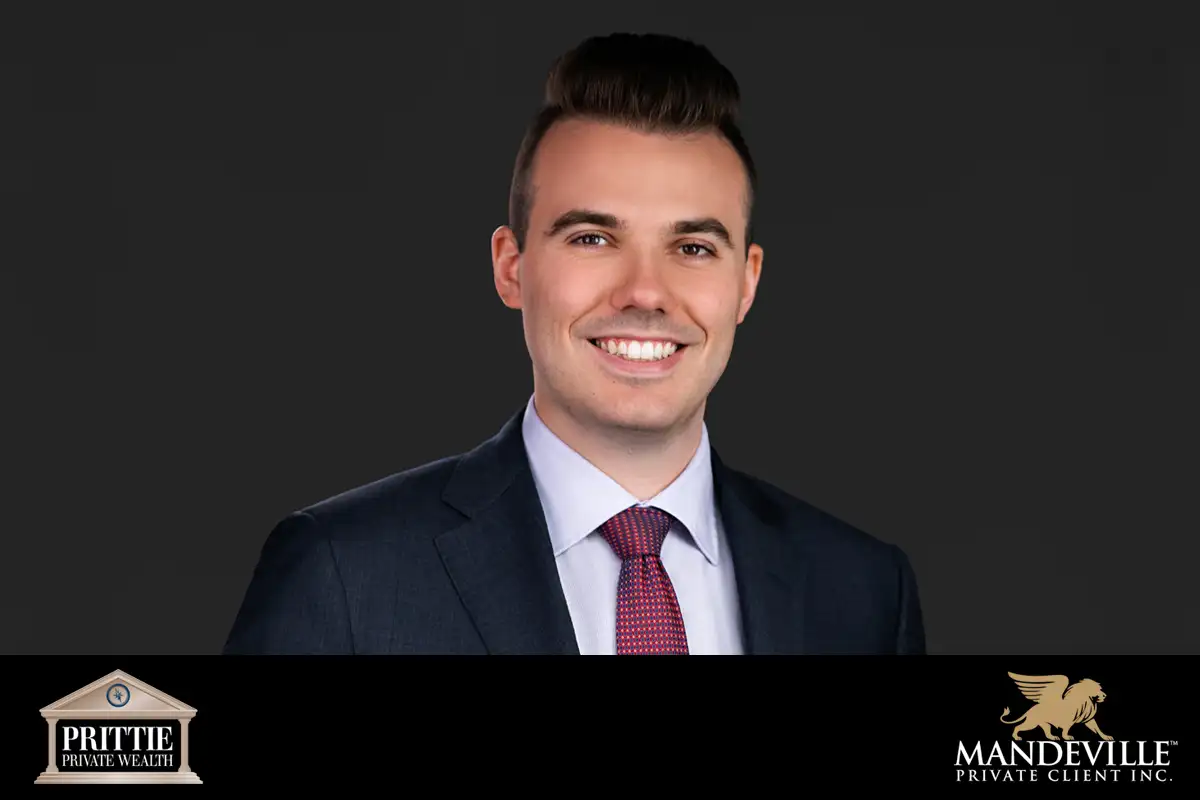
The New Age of Intergenerational Wealth: Adam Prittie on Building a Legacy with Intention
By Adam Prittie, CIM, CFP, BCOM, Associate Portfolio Manager, Financial Advisor
We are living through the greatest transfer of wealth in Canadian history. According to Environics Analytics, over $1 trillion is expected to change hands between generations over the next decade. But this shift isn’t just about dollars—it’s about values, relationships, and legacy. As a financial advisor, I’ve seen firsthand how families who approach wealth transfer with clarity and intention create far more than financial security—they want to cultivate continuity, connection, and purpose.
Legacy is More Than a Will
Many families believe an up-to-date will or power of attorney is sufficient. While these legal documents are essential, a true legacy plan goes much deeper. It begins by asking: What do we want our wealth to mean…to provide? For some, it’s supporting children and grandchildren through education and homeownership. For others, it’s sustaining a family business, giving back to the community, or ensuring long-term financial independence for future generations.
Start with a family vision—then align your estate plan, investments, and charitable giving to that vision.
Trusts and Tax Efficiency
One of the most effective tools in intentional wealth planning is the family trust. Trusts allow you to control how and when assets are distributed, protect beneficiaries from potential mismanagement, and reduce exposure to creditors or divorce settlements. Trusts can also help manage tax liabilities, especially for business owners or families with complex holdings. That said, trusts must be set up thoughtfully, with attention to legal structures, timelines, and successor trustees. Working with a team—your advisor, accountant, and lawyer—ensures alignment and compliance with ever-evolving tax rules.
Conversations That Count
One of the most overlooked yet powerful strategies in intergenerational wealth is open communication. Too often, families avoid discussing money, fearing conflict or discomfort. But silence can lead to misunderstandings, resentment, or poorly prepared heirs.
Philanthropy: A Living Legacy
For many families, philanthropy is a cornerstone of legacy. Whether it’s through direct donations, donor-advised funds, or private foundations, charitable giving connects generations with shared purpose. It also offers tax advantages when done strategically. More importantly, it reinforces that wealth can—and should—serve a greater good.
Involving children in charitable decisions, even from a young age, fosters empathy and stewardship. It turns giving into a family tradition, not just a transaction.
The Bottom Line
Wealth transfer doesn’t have to be a stressful, last-minute process. When families embrace it as an opportunity—not a burden—they unlock a more meaningful and enduring impact. As a seasoned Financial Advisor who holds the Certified Financial Planner and Chartered Investment Manager designations, my role is to help clients craft not merely a plan, but a narrative that reflects their values and equips the next generation to author the chapters that follow.
Building a legacy is not about holding onto wealth— it’s about handing down wisdom.
Start the conversation today—with trusted advice and a plan built for generations to come.
Contact Us To Learn More
(613) 728-0101
aprittie@mandevillepc.com
www.prittieprivatewealth.com

Mandeville Private Client Inc. is a member of Canadian Investment Regulatory Organization (“CIRO”) and the Canadian Investor Protection Fund (”CIPF”). Commissions, trailing commissions, management fees and expenses may be associated with investments. Products are not guaranteed; their values change frequently and past performance may not be repeated. Please read the offering documents before investing. Exempt market products are high-risk investments. Investing in exempt market products entails numerous risks including losing all or a significant portion of your investment, illiquidity, and limited transparency. You are advised to consult with your own legal, financial and/or tax advisors prior to purchasing exempt market products.









